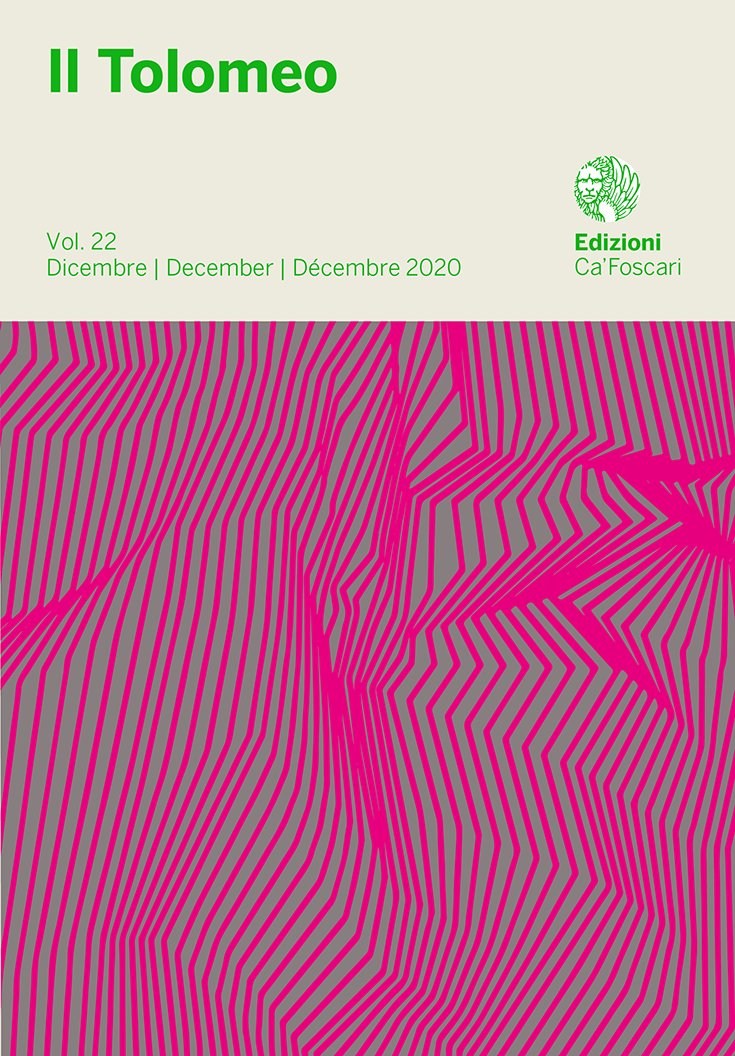
- search 209 views
- file_download 20 download
- keyboard_capslock metadata
-
mark_email_readIscriviti alla newsletter
Ruy Duarte de Carvalho’s Neo-Animist Project: An African Approach to Posthumanism
abstract
The literary project of the Angolan writer Ruy Duarte de Carvalho, from the collection of poems Chão de oferta (1972) to the metafictional trilogy Os filhos de Próspero (2009), along with his work as an anthropologist, filmmaker and intellectual, is animated by a research for a conjunction between subject, geology, landscape and politics, which rejects Western epistemological categories and their underlying powers. At the end of his life, this trait of his personality and work took the form of an unfinished neo-animist project, based on a decalogue in which he criticises the humanist paradigm for the sake of recovering an “equilibrium politics” relying on “[o]ther paradigms set aside and hidden from consideration because they originate in cultures dominated or annihilated by the Western world”. The aim of this essay is both to trace the origins of Carvalho’s neo-animist project in his early poetry and narrative and connect it with a broader African criticism, both literary and philosophical, in order to include his thought within the African approach to posthumanism.
Keywords: Posthumanism • Ecology of knowledges • Neo-animism • Angolan literature • Ruy Duarte de Carvalho • Southern epistemologies



